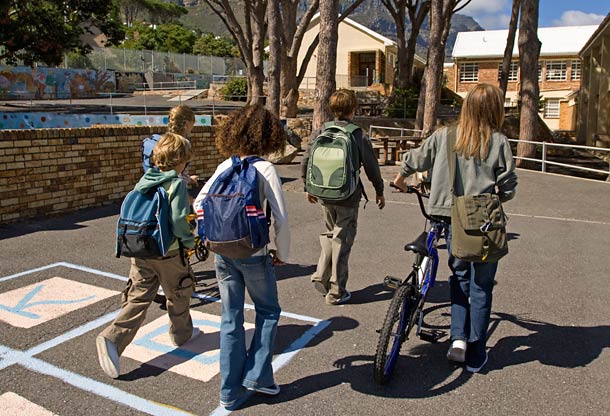Lee study shows effects of built environment on physical activity

Chanam Lee
See related story, " [Promoting walkable cities: Professor getting couch potatoes up and walking] (http://archone.tamu.edu/college/news/newsletters/summer2007/leeExcercise.html) "
Chanam Lee, professor of urban planning at Texas A&M, will tell the American Public Health Association how the built environment can impede the physical activity of children and overweight adults at the group’s [annual meeting] (http://www.apha.org/meetings/AnnualMeeting/) this fall in Washington, D.C.
Lee will make two presentations during the conference, which focuses on current and emerging health science, policy and practice issues. The event is expected to draw more than 13,000 national and international physicians, administrators, nurses, educators, researchers, epidemiologists and related health specialists.
In one session, Lee will reveal survey results in which overweight and obese adults in Central Texas identified substantial environmental barriers to walking, such as insufficient night lighting, unattended dogs and a lack of continuous sidewalks.
Lee said older adults surveyed also revealed a lack of environmental motivators for physical activity, “such as proximity to parks and recreational facilities and walking paths/trails.”
In her other APHA presentation, Lee will discuss how, using environmental audits, her research team found that children were discouraged from walking near schools, when they were located next to vacant, abandoned or undeveloped areas, or lacked sidewalk connections, sufficient street lights, traffic calming devices or bike lanes.
“Environmental audits, she said, “can help identify areas needing improvement, facilitating policy development toward creating healthier communities for reducing childhood obesity.”
Established in 1872, the APHA is the oldest organization of public health professionals in the world. It aims to protect U.S. residents from preventable, serious health threats and strives to assure community-based health promotion and disease prevention activities and preventive health services are universally accessible in the U.S.
Previous post
Tags
- building a better texas
- health systems & design
- landscape architecture & urban planning
- lectures
- research
- sustainability
- wellness
Related Posts

Zhu heading physical activity study project
Study: 'green' and evidence-based design compatible

College symposium spotlights faculty research Oct. 24

Oct. 23 symposium spotlighted college, faculty research

CHSD hosts ‘boot camp’ for architects
Follow Us
Facebook Twitter Vimeo Youtube Flickr RSS
Recent Posts

Planning prof heads study of disaster housing aid

A message from the dean

Former student remembered as expert planner

Leading educator named new head of Architecture Dept.





_thumbnail_small.png)
